QuestionHello,
in the place where I work, we are rearing green and hawksbill sea turtles as part of our conservation program.
A couple of months ago, our turtles started to have eye infections. We did not know what to do at this time so it got worst and worst. We now give them betadin baths every other day, every day for the worst ones.
We also changed the food; we use to give them tuna only, we now give them lobster head, squid (rarely), sea anemones and sponges and tuna.
All turtles' infections are now getting better, except maybe a couple of them which had the worst infections.
We have told that out turtles probably needed more Vitamin A so we got both tablets (5000IU per tablet) and solution (VitA:200 000/mL; D3:20 000/ml; E:50 mg/mL). We could either inject some of the solution to the turtles or grind the tablets and put it their food. I like the tablets better because they have only Vitamin A in them.
I have done some research regarding how much Vitamin A we could give to our turtles but the results I found vary a lot, from 200 to 50 000 IU of VitA per kg of turtle.
So my question is how much Vitamin A could I give to our turtles (age from 1 to 7 months old) without any risk of Vitamin A intoxication?
In order to heal the wounds and the bitten flippers, we applied some antibiotic spray (Alamycin aerosol, Oxytetracycline hydrochloride 32.1 mg/mL) on the infected areas.
I am trying to find some fish liver to feed the turtles with. Would this provide the turtles enough Vitamin A?
Looking forward to hear back from you,
thank you.
Alban
AnswerHi Alban,
I'm afraid I can't really be of any help to you. My experience is with pet tortoises and turtles, which of course are a far cry from marine turtles. What you need is a consultation with a scientist or veterinarian who actually works with sea turtles and can give you a definitive answer. I can, however, make a couple of suggestions based on my knowledge of freshwater turtles and tortoises.
Vitamin A deficiency is not all that common unless the diet is truly poor. There is a tendency among some vets to blame health issues on vitamin deficiencies (especially eye problems) when that may not be the case at all. So I would first look at diet. If it doesn't closely follow what the hatchlings would be eating in the wild, you probably do need to consider some sort of supplementation (or change the diet). BUT the risk of hypervitaminosis A is very real and can have serious effects, including death--and the risk is higher in hatchlings. I don't know if there is any real research that indicates a safe dose for either oral or injected Vitamin A, so be very, very careful. This is why it's best to look at dietary changes if at all possible.
The second point is that you may not be looking at a vitamin deficiency at all, especially if the diet is good. The problem may be with contaminants in the water, for example. So look at every possibility before deciding on a cause of action.
I would contact other sea turtle organizations and see if they have a dietary specialist who could advise you. Again, I wish I could be of more help, but this is beyond my experience. Best wishes to you.

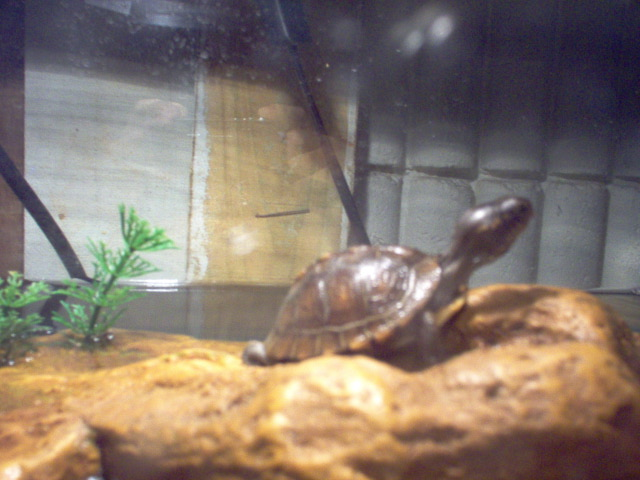 What kind of turtle is this???
QuestionMy turtle
2nd pic
QUESTION: My hu
What kind of turtle is this???
QuestionMy turtle
2nd pic
QUESTION: My hu
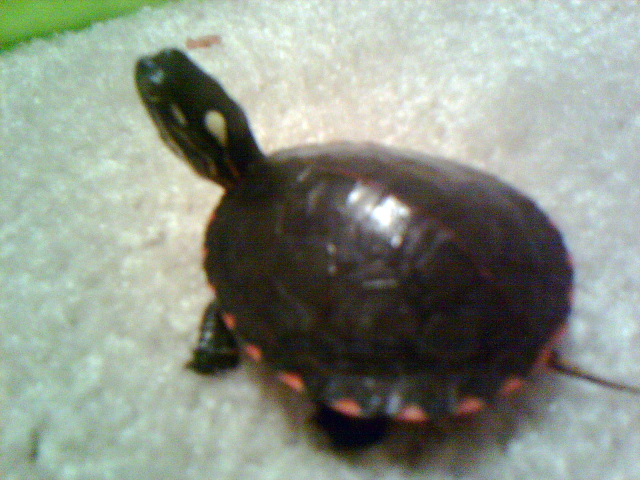 Could my turtle have an eye infection?
QuestionQUESTION: Me and my friend found this little tu
Could my turtle have an eye infection?
QuestionQUESTION: Me and my friend found this little tu
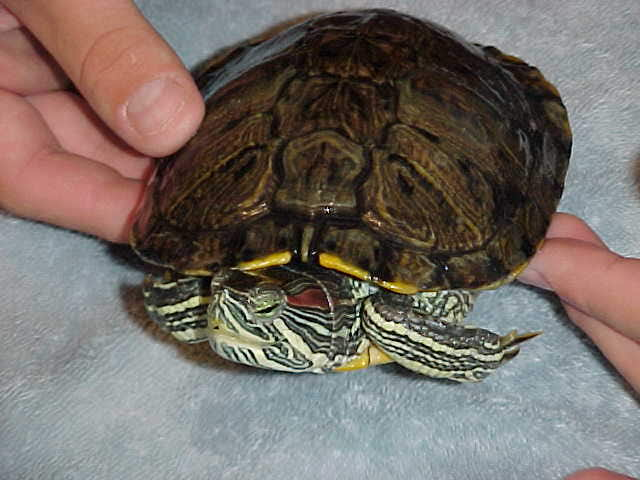 Species ID
Question
Red eared turtle Red eared Turtle
Species ID
Question
Red eared turtle Red eared Turtle
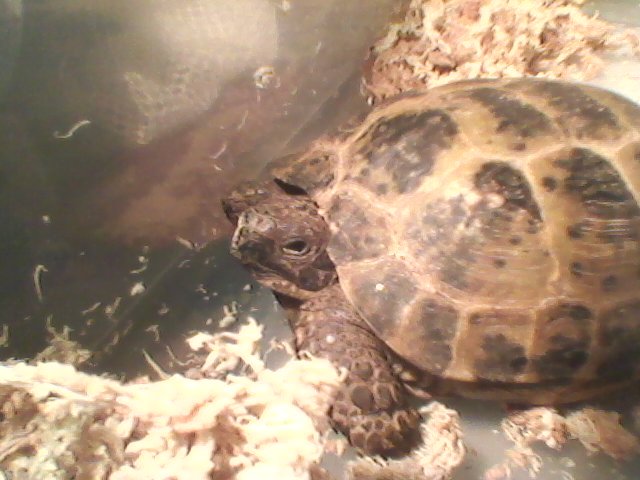 Russian Tortoise Questions
Question
Ayden the Tortoise
Hello, my name is Mi
Russian Tortoise Questions
Question
Ayden the Tortoise
Hello, my name is Mi
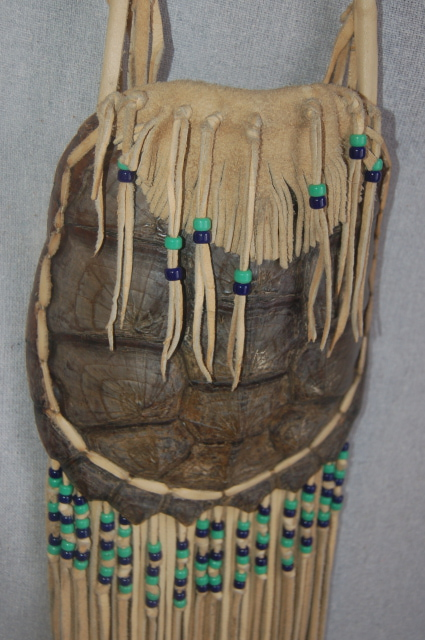 recognize turtle by the shell
Question
shell bag Shell bag
Hello, I have
recognize turtle by the shell
Question
shell bag Shell bag
Hello, I have